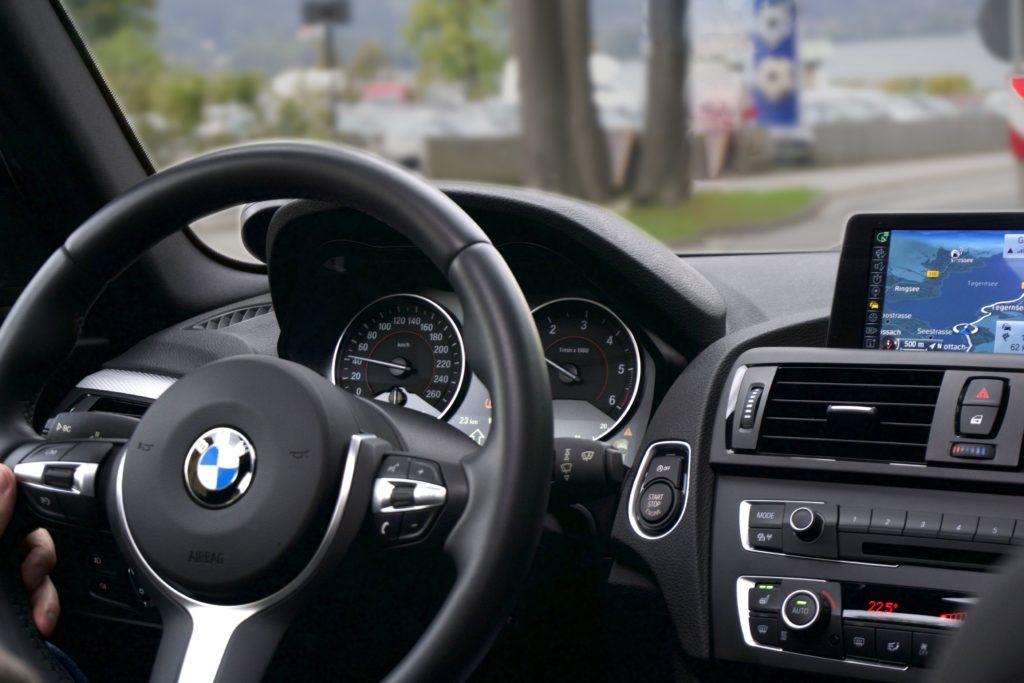
When distracted driving is discussed, it’s often focused on handheld smartphone use—drivers who have accidents while texting or holding their phones. In the U.S., 25 states have passed laws banning the use of handheld devices by drivers, and 21 of those states have bans on texting while driving.
So far, no states have banned the use of hands-free devices in cars, which can range from basic phone use to voice-activated controls like Alexa and Siri, but in England, last summer, the Transport Select Committee in the House of Commons made strong arguments for possible revision of laws or added penalties to put accidents caused by use of hands-free devices in perspective.
With an average of more than 700 people each day injured in an accident caused by distracted driving, Some would say it may be time that governments, employers, and drivers themselves seriously reconsider the danger of using hands-free communications technology while driving.
While hands-free devices give you the ability to keep your hands on the wheel and your eyes on the road, research shows the cognitive distraction of even speaking on a phone creates its own, significant dangers, as drivers engaged in telephone conversations see fewer road hazards, such as a pedestrian, an animal, or debris in the road than those who were not, and instead simply focus on a smaller area of the road ahead. Talking with fellow passengers poses less risk because passengers tend to moderate the discussion when road hazards become apparent and they share non-verbal ( and very loud verbal ) cues that alert the driver of a sudden hazard.
Drivers, and sometimes the companies they work for, see the use of a phone while driving as part of vital multitasking, but in a recent report, the National Safety Council (NSC) weighed in on cognitive distraction and driving risks showing hands-free phones offer no significant safety benefit when driving. “Hands-free devices and voice command systems are not safer, and create a cognitive distraction as the driver mentally engages with interactive tasks”, and “The human brain is not capable of multitasking, or doing two things at once. Instead, the brain is constantly attention-switching between the two tasks, never giving full focus to either one.” Yes, you can lose focus driving without using a cellphone or other device. Even the most attentive drivers make mistakes. Accidents can happen even when we try to be as alert and focused as possible.
People are more tied to their mobile technology than ever before, and there are no indications that will change anytime soon. ALL of us, whether driving for personal or professional reasons, need to realize that hands-free technology is not the perfect solution to our growing distracted driving problem.